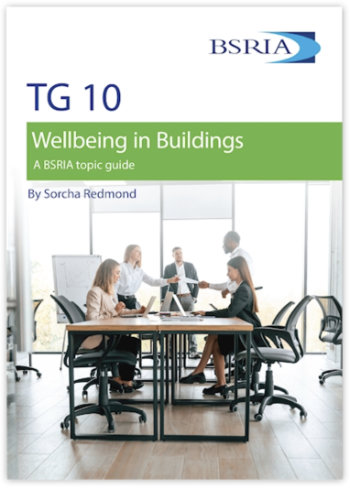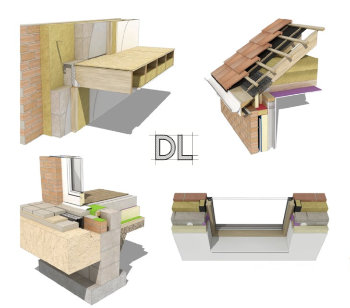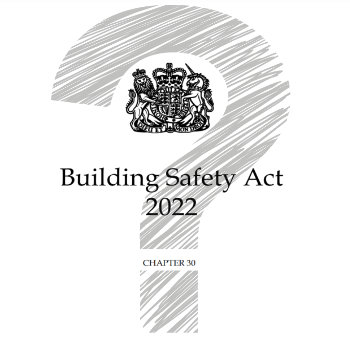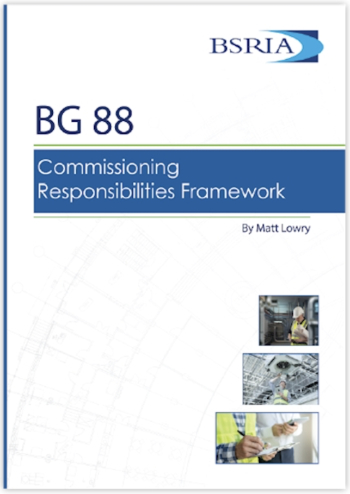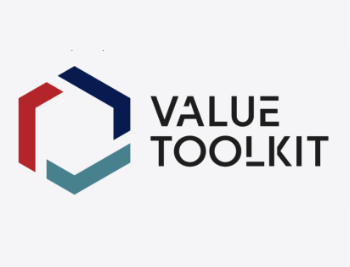Fayol's 14 principles of management
Henri Fayol was a French engineer born in 1894 who worked in the mining industry. He is said to be the father of modern management and his theories and principles are still respected today.
He gained experience working in the mines and improved the company he worked in from verge of bankruptcy to success. He wrote a book ‘General and Industrial Management’ that captures the 14 principles of management that can be used across any industry and which he believes can be taught.
The principles are:
- Division of work - Workers with specialist skills becomes increasingly skilled and more efficient, which can increase productivity.
- Authority and responsibility - Managers must be allowed the authority to give orders but they must be aware of the responsibility that comes with it.
- Discipline - Discipline must be upheld but the methods are flexible.
- Unity of command - Employees should have only one direct supervisor.
- Unity of direction - Teams with the same objective should be working under the direction of one manager, using one plan. This will ensure a well-coordinated execution.
- Subordination of individual interest to the general interest - The team as a whole is more important than the individual, including the manager.
- Remuneration - Fair remuneration will lead to satisfied workers. This might include both financial and non-financial rewards.
- Centralisation - Decision making should be balanced in terms of employee involvement.
- Scaler chain - Employees should be clear of their position concerning the business hierarchy.
- Order - The workplace should be clean, safe and tidy.
- Equity - Managers should maintain fairness to all employees and apply discipline but also kindness.
- Stability of tenure of personnel - Managers should strive to minimise personnel turnover.
- Initiative - Employees should have appropriate freedom to create and carry out plans.
- Esprit de corps - Organisations should strive to promote team spirit, loyalty and unity.
[edit] Related articles on Designing Buildings Wiki
- A new theory for managing large complex projects.
- Code of practice for project management.
- Code of practice for programme management.
- Guide to managing construction projects.
- How to become a construction manager.
- How to manage construction plant.
- Leadership on design and construction projects.
- Leadership styles.
- Lean construction.
- Lean Six Sigma.
- Lean thinking.
- Management structure for construction clients.
- Performance management plan.
- Practice management.
- Relationship management.
- Total quality management in construction.
- Value management.
Featured articles and news
Wellbeing in Buildings TG 10/2025
BSRIA topic guide updates.
With brief background and WELL v2™.
From studies, to books to a new project, with founder Emma Walshaw.
Types of drawings for building design
Still one of the most popular articles the A-Z of drawings.
Who, or What Does the Building Safety Act Apply To?
From compliance to competence in brief.
The remarkable story of a Highland architect.
Commissioning Responsibilities Framework BG 88/2025
BSRIA guidance on establishing clear roles and responsibilities for commissioning tasks.
An architectural movement to love or hate.
Don’t take British stone for granted
It won’t survive on supplying the heritage sector alone.
The Constructing Excellence Value Toolkit
Driving value-based decision making in construction.
Meet CIOB event in Northern Ireland
Inspiring the next generation of construction talent.
Reasons for using MVHR systems
6 reasons for a whole-house approach to ventilation.
Supplementary Planning Documents, a reminder
As used by the City of London to introduce a Retrofit first policy.
The what, how, why and when of deposit return schemes
Circular economy steps for plastic bottles and cans in England and Northern Ireland draws.
Join forces and share Building Safety knowledge in 2025
Why and how to contribute to the Building Safety Wiki.
Reporting on Payment Practices and Performance Regs
Approved amendment coming into effect 1 March 2025.







